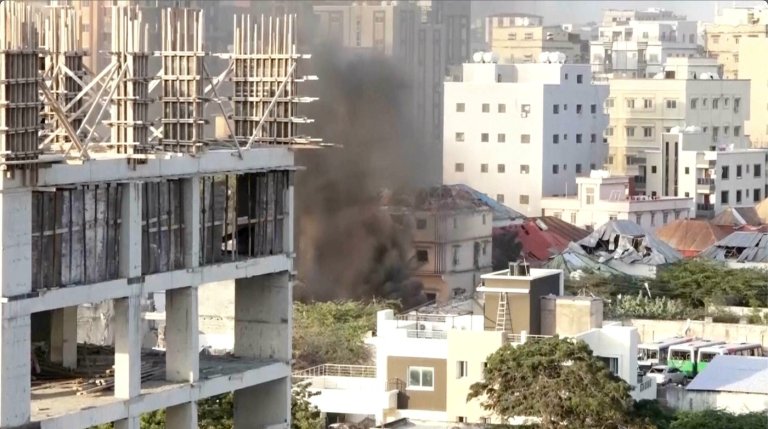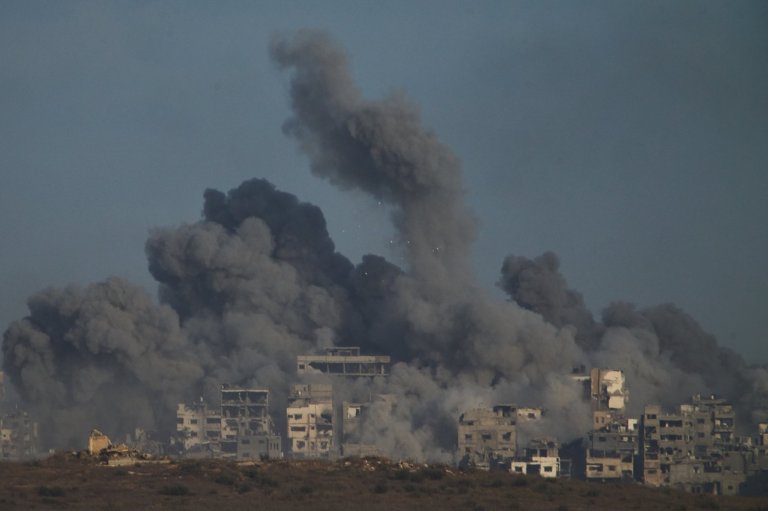Typhoon swerves toward Kyushu after slamming Okinawa, leaving at least 28 people injured
TOKYO – A powerful storm slammed through the southwestern Japanese island of Okinawa, leaving at least 28 people injured and 63,000 homes without power before swerving toward the bigger island of Kyushu on Wednesday.
The Okinawan government raised the injury toll to 28 from 17 the day before, two of them seriously. Separately, a man has already been reported missing from a fishing boat in rough seas off Kyushu to the north.
Typhoon Neoguri, one of the biggest storms to hit during Japan’s summer, appeared to be headed toward Kyushu, where it could land Thursday. Then it could travel across the main island of Honshu.
Neoguri, which means “raccoon dog” in Korean, was moving northward at 25 kilometres an hour (15 miles an hour) packing sustained winds of 126 kilometres an hour (78 miles an hours) by midday, the Japan Meteorological Agency said.
Kyushu’s Fukuoka Prefecture issued warnings for strong winds, high tides and heavy rains, and advised people to stay indoors as much as possible.
On Okinawa, evacuation orders were issued to 125,000 households, or nearly 300,000 people, according to the prefectural government.
The main airport on Okinawa, Naha, was closed Tuesday but reopened Wednesday, although some morning flights were cancelled.
“Rain has finally stopped, but there is still some wind, and we are checking into any damages at the airport,” said spokesman Takumi Higa, while adding that there were no reports of any damage so far.
Airports in Kyushu were still open, but late flights were cancelled, and additional cancellations may be in the works.
Japan Airlines, the nation’s flagship carrier, cancelled 11 flights for Wednesday mostly flights leaving Tokyo for Kyushu, said spokesman Kentaro Nakamura.
Authorities in China and Taiwan have also warned ships to stay clear of the storm.
The torrents of rainfall set off by Neoguri could trigger landslides and floods. Heavy rainfall was expected to hit much of eastern Japan, setting off risks of lightning and tornadoes.
Neoguri left toppled trees, flooded cars and bent railings in its path, according to the Okinawan government, in what it said was the heaviest rainfall experienced there in a half century.
___
Follow Yuri Kageyama on Twitter at twitter.com/yurikageyama
Join the Conversation!
Want to share your thoughts, add context, or connect with others in your community?
You must be logged in to post a comment.


















